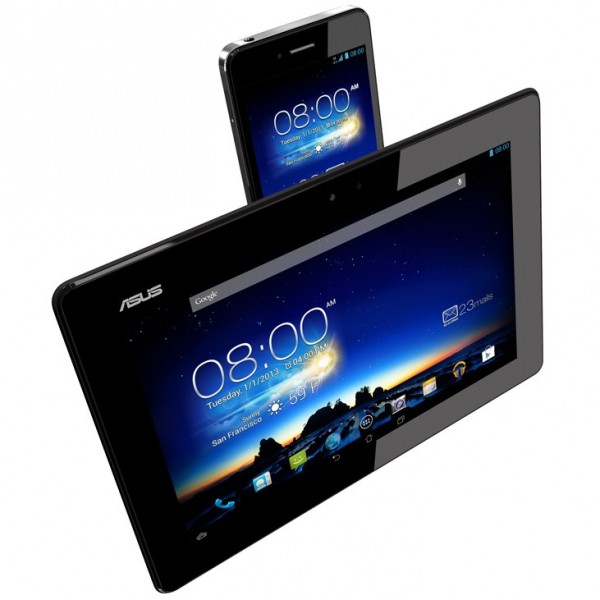
ASUS unveils Fonepad and PadFone Infinity Android tablets
Today the festivities at Mobile World Congress in Barcelona, Spain kicked off. Nokia announced the new Lumia 520 and Lumia 720 Windows Phone 8 devices aimed at the entry-level and mid-range smartphone market and earlier ASUS unveiled two Android tablets dubbed Fonepad and PadFone Infinity.
The Fonepad is a 7-inch tablet that features built-in 3G support for cellular voice and data. The device sports a 7-inch 10-point multitouch IPS display with a resolution of 1280 by 800 and at a first glance it's quite similar to the Nexus 7, which is also manufactured by ASUS, bar the phone functionality.
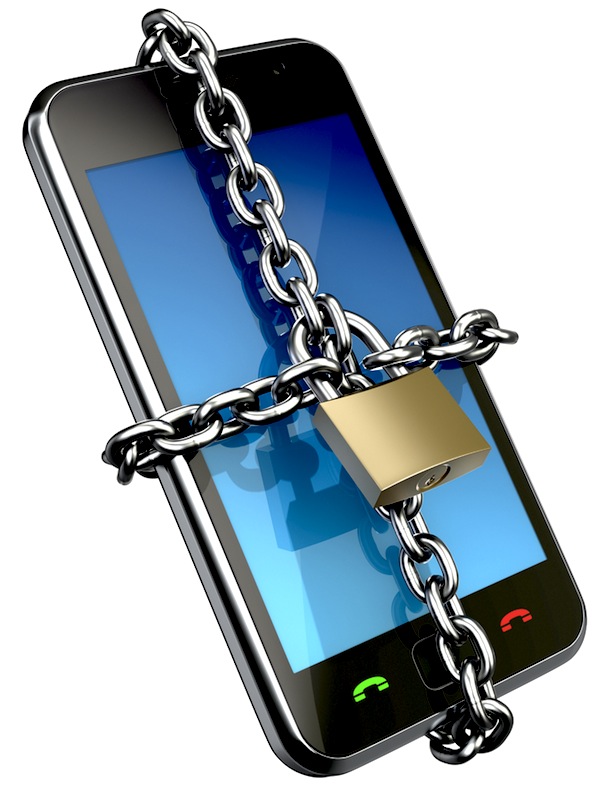
Samsung fortifies BYOD with Knox for Galaxy devices
On Monday, South Korean electronics manufacturer Samsung unveiled a new "end-to-end secure solution" aimed at boosting the company's BYOD (Bring Your own Device) credentials among businesses. Called Knox, the product beefs up the Samsung For Enterprise (also known as SAFE) program by adding improved security and increased manageability into the mix.
This time around Samsung forgoes the acronyms. Unlikely to be just a simple coincidence, Knox bears a military connotation as it hints at the iconic Fort Knox US Army post in Kentucky. Luckily, Samsung's Knox only deals with defense. The enterprise solution packs Security Enhanced (SE) Android, which is developed by the NSA (United States National Security Agency) to improve security within green droid land, and integrity management services that are implemented in the Android framework and the hardware alike.

AOKP Jelly Bean MR1 Build 4 is available
Call me crazy, but I love Mondays. Why? Because there is a new AOKP build coming just in time to kick off my week. The team behind the popular custom distribution Android Open Kang Project did not disappoint this time around either. Jelly Bean MR1 Build 4 made its way onto our modding hands with support for new devices and a much-awaited Android 4.2.2 base.
Jelly Bean MR1 Build 4 is the first release based on Android 4.2.2, the latter of which incorporates a number of new features including improved security as well as bug fixes for Bluetooth and other areas. The latest AOKP build touts minor changes, however, compared to its predecessor. The team behind the project says that the focus was on bugfixes, a "flawless AOSP merge" and the expansion of the lunch table (the lunch table is comprised of build configurations that can be compiled into per-device ROMs).
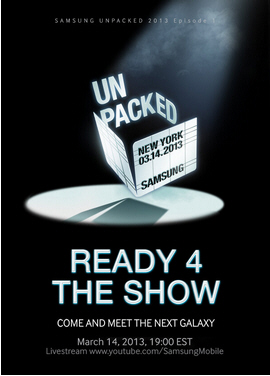
Up yours Apple! Samsung to launch Galaxy S IV in the US next month
Samsung might have received a $1.05 billion bloody nose in its battle against Apple last year, but the South Korean giant is coming back fighting, by launching the next version of its flagship smartphone on US soil next month. The first such launch in three years.
Confirmed today at the Mobile World Congress in Barcelona, and in a tweet, Samsung will be unveiling the Galaxy S IV in New York as part of the Samsung Unpacked event on March 14.
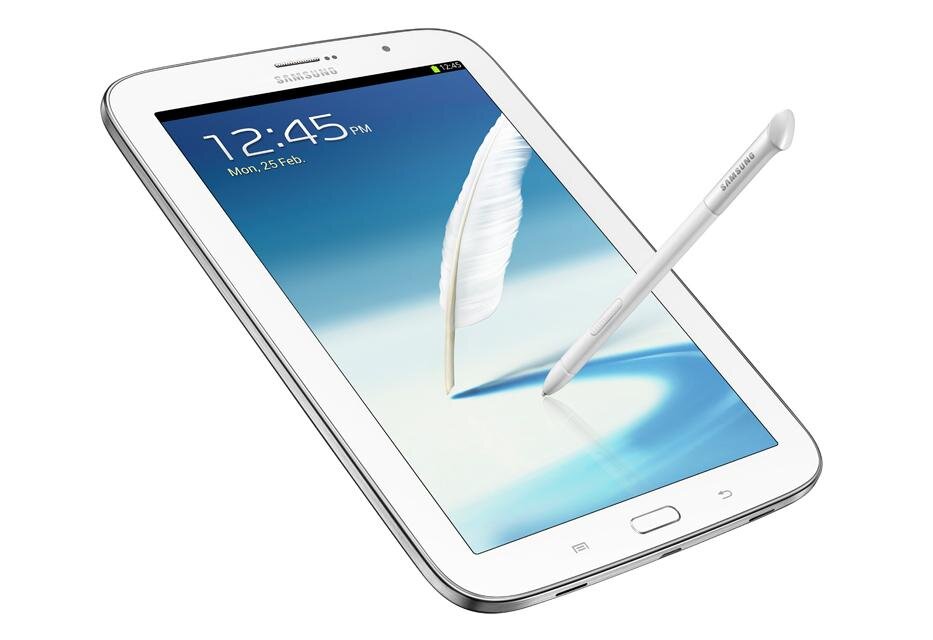
Move over iPad mini, Samsung unveils Galaxy Note 8.0
Late February means another Mobile World Congress, and the rush to make big, splashy product announcements before the show starts. Samsung jumped in early today, by announcing an 8-inch tablet with stylus -- Galaxy Note 8.0. The slate is about the same size as Apple's iPad, with comparable screen resolution, but features the S Pen and supporting software. Why just touch and type when you can draw, too?
Samsung's slate joins the Galaxy Note II smartphone and 10-inch tablet, with stylus being the compelling feature that market leader Apple doesn't offer on any iOS device. Like the recent update for its siblings, Galaxy Note 8.0 comes with a split-screen, multi-window function. The tablet runs Android 4.1.2 customized with TouchWiz UI.
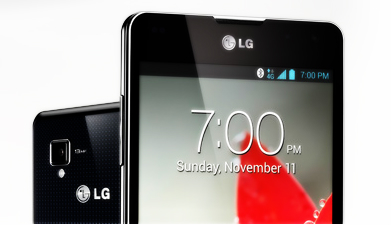
LG, wake up! The Optimus G arrives too late in Europe
There's a great saying that applies to new products -- get it while it's hot. Or shall I say, give it while it's hot. LG, sadly, is not familiar with either expression as the South Korean manufacturer has only now finally released the Optimus G on European soil. That's a whopping six months (well, nearly) after the smartphone's unveiling in late August, last year.
LG is its own worst enemy right now. The main problem with the late Optimus G release, apart from the obvious waning of initial interest, is the smartphone's bigger brother -- the Optimus G Pro -- and the plethora of new devices that were released after the Optimus G, with better specs and time advantage on their side. And we haven't yet reached MWC (Mobile World Congress) frenzy yet, where manufacturers are known to release or announce even more products.

LG expands Optimus smartphone lineup with the new F5 and F7
On Thursday, South Korean mobile device manufacturer LG unveiled the new Optimus F series, comprised of two smartphones, the Optimus F5 and the Optimus F7, that will debut at MWC (Mobile World Congress) in Barcelona, next week.
The Optimus F series slots under the Optimus G lineup, the latter of which includes the Optimus G and Optimus G Pro Android flagship smartphones, sporting smaller displays and less powerful processors. Both the Optimus F7 and the Optimus F5 ship with Android 4.1.2 Jelly Bean out-of-the-box and 4G LTE cellular connectivity. But what separates the two?
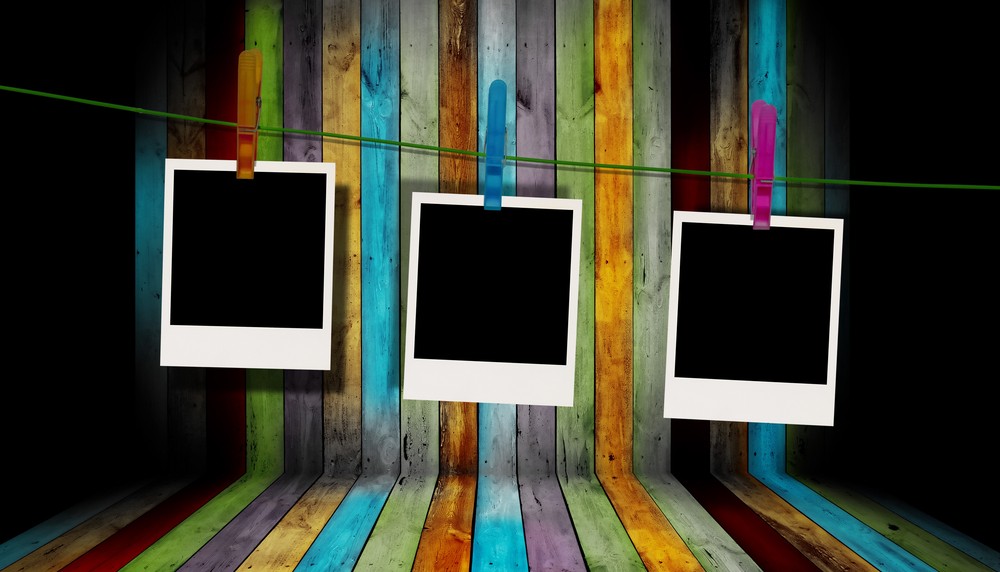
CyanogenMod 10.1 now features HDR mode
The team behind CyanogenMod 10.1 announced a new camera feature for "(almost) everyone" running the popular custom Android distribution on their smartphone or tablet -- support for HDR mode.
The CyanogenMod 10.1 implementation for HDR mode "captures multiple pictures, and then renders them together to form one HDR image", similar to the functionality currently available on the LG-made Google Nexus 4. The software snaps three photos, at minimal, neutral and maximum exposure, and displays a single image at the end of the process, through "some fancy algorithms".
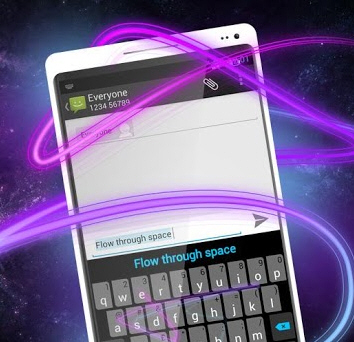
Meet SwiftKey 4 -- a top keyboard for Android
I have to be completely honest -- I am not a fan of the default Android keyboard. For people like me who write in languages other than English on a day-to-day basis, it misses the mark entirely, and does not adapt to my writing style either. Ever since I bought my Galaxy Nexus only one Android keyboard has lived up to my expectations -- SwiftKey. And now there's a new version, and it's even better than ever.
On Wednesday, after a couple beta versions, SwiftKey 4 made its way onto Google's Play Store in both smartphone and tablet form. The popular third-party keyboard introduces a plethora of new features, including support for swipe input through Flow and revamped predictions.
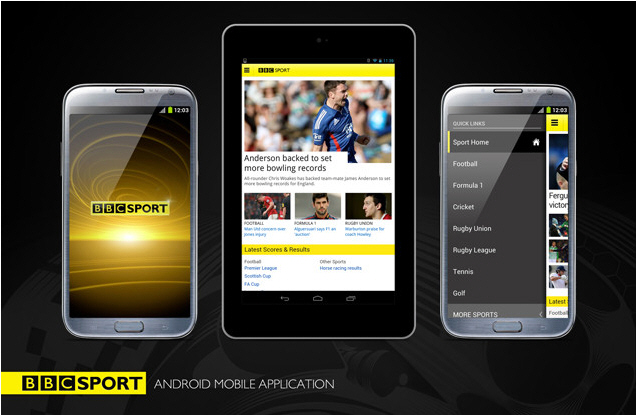
BBC Sport launches a dedicated Android app
When the BBC launched a dedicated sports app for iOS devices a month ago, it said it was working on an Android version and expected to release it in a matter of weeks. Well the good news for sport-loving Android owners is that day has finally arrived.
The new BBC Sport app is compatible with devices running Android 2.2 (Froyo) and above, and has been optimized for screens up to 7-inches so should display perfectly on devices such as Google’s Nexus 7.
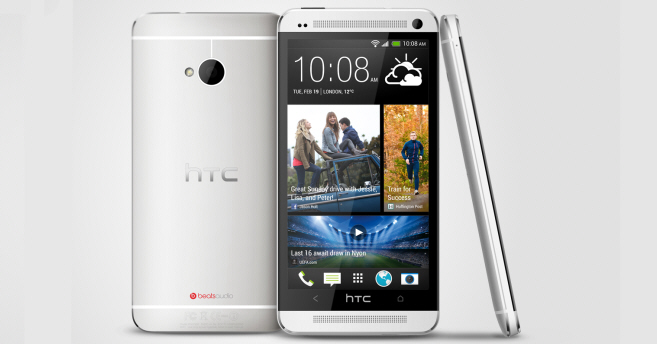
Meet the HTC One
On Tuesday, after numerous leaks and rumors, Taiwanese mobile device manufacturer HTC unveiled a new flagship Android smartphone tastefully named One. With One the company has jumped off the ever increasing display size bandwagon and decided to stick to a more tried and true 4.7-inch panel, while packing a high-end quad-core processor.
The international One comes in silver and black and, depending on the market, other colors such as red might be available as well. The front of the handset is dominated by rounded corners and symmetrical speakers while the back features the now traditional tapered edges that HTC previously introduced with smartphones such as the Windows Phone 8X or DROID DNA. It's simply striking to look at.

The Windows Store is like a Bangkok night market -- full of cheap knockoffs
When Windows 8 launched on October 26 2012, the Windows Store had an estimated 9,000 apps available to purchase or download. Today, according to the excellent MetroStore Scanner, that figure has risen to 43,083 worldwide, of which 28,904 are available in the US store, and 26,385 in the UK one.
The biggest problem with the Windows Store is not the overall number of apps -- in four months it’s seen reasonable growth although the number of new weekly additions has slowed -- the issue is more with quality. While there’s no shortage of third-party apps, many of which are very good, you can’t help but notice how many big names are absent.

The Weather Channel will now tell your Android when rain will start and stop
There are no shortage of weather apps for Android devices, but many of us are already familiar with the Weather Channel, making it a fairly easy choice -- I switched to that app a couple of years ago after leaving Weather Bug. Now the TV network has issued a major overhaul of its mobile app for Android.
The first thing you will notice in the update, which began rolling out late yesterday, is a completely revamped user interface. The Now screen, which opens by default, still shows the temperature and current conditions, but comes with an ad background -- which is a bit annoying. Still the additional information is useful. For instance, my Now screen is currently telling me: "Rain likely Tuesday at 11:15 am EST".
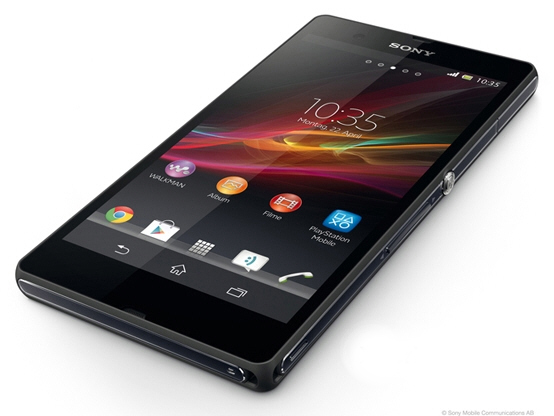
Sony Xperia Z receives root and joins the modding ranks
With Sony's efforts to support the Android modding and developer community, it really should come as no surprise that the recently-unveiled Xperia Z smartphone is now bestowed with root. The noteworthy achievement is facilitated by the CF-Auto-Root solution available for the LG-made Google Nexus 4, a device which shares most of the underpinnings of the Xperia Z.
The two devices share the same 1.5GHz quad-core Qualcomm Snapdragon S4 Pro chipset and because of it the developer has only slightly modified the Nexus 4 ramdisk from CF-Auto-Root to unleash elevated privileges on the Xperia Z. The app chosen to manage rooting requests is the traditional SuperSU.
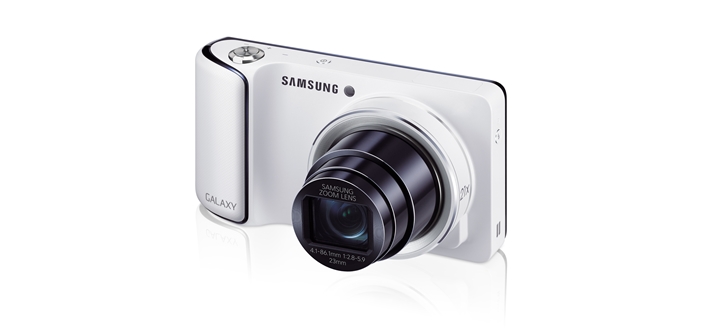
Samsung announces the Wi-Fi Galaxy Camera
On Tuesday, Samsung unveiled a new Galaxy Camera model featuring Wi-Fi-only connectivity. The South Korean manufacturer spares no expense, pairing the device with a quad-core processor and the first Jelly Bean iteration, among other noteworthy features.
With the Wi-Fi-only Galaxy Camera. Samsung drops support for 3G/4G LTE connectivity but maintains most of the specs from the original version. The new model features a 4.8-inch HD display with a resolution of 1280 by 720 and 308ppi density. The camera is powered by a 1.4GHz quad-core processor and a 1,650mAh battery, with the display and processor combination similar to the one found in the company's flagship Android smartphone, the Galaxy S III.
